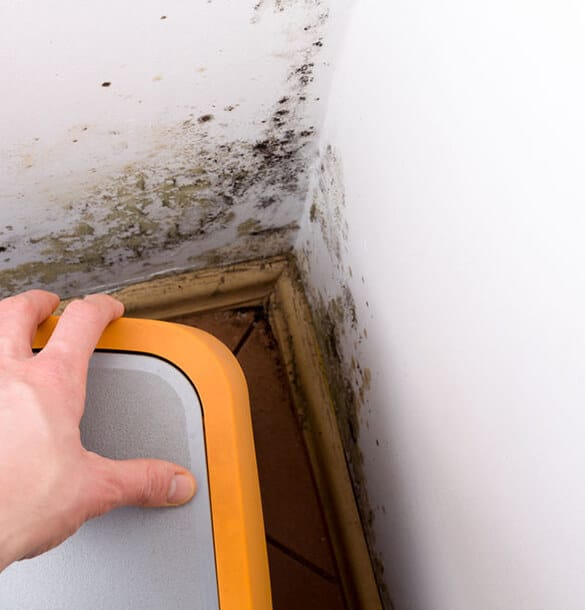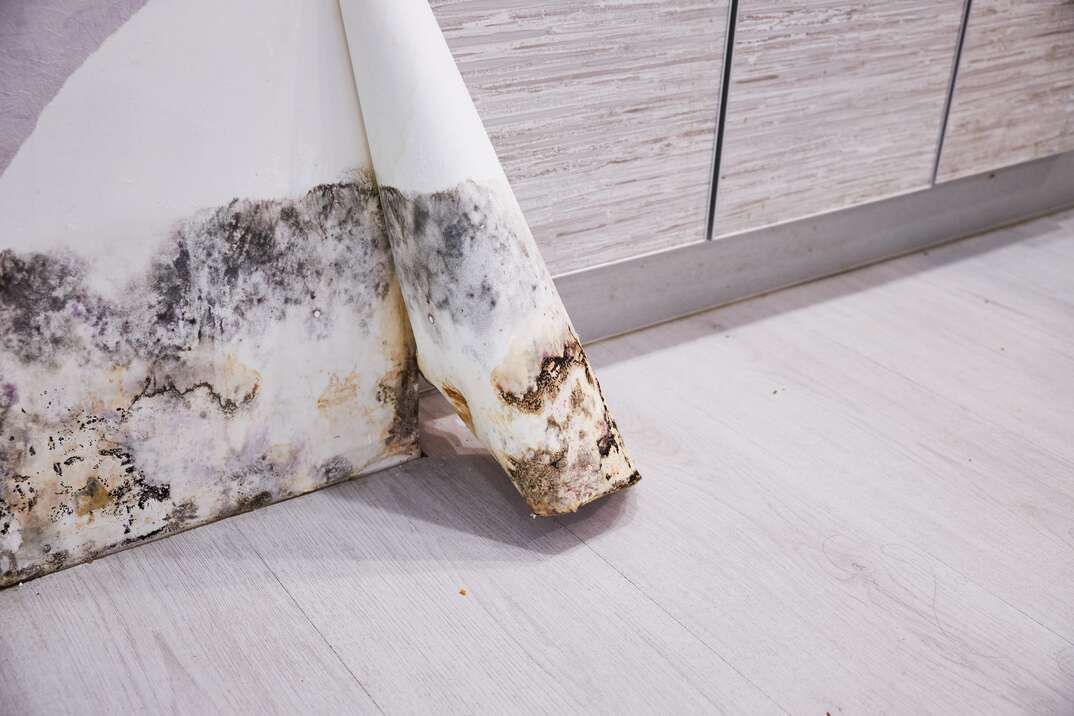Making Sure Post Remediation Verification Accuracy
Wiki Article
Effective Post Mold Removal Solutions for Your Home
Mold growth in homes can be a persistent issue, frequently needing a systematic method for effective post-remediation services. From understanding the elements that add to mold advancement to carrying out appropriate cleaning techniques and moisture control actions, the procedure can be intricate yet vital for preserving a healthy and balanced living environment. Furthermore, discovering natural removal services and establishing a routine for recurring upkeep are necessary elements of an extensive mold removal method. As house owners aim to address mold and mildew worries, discovering the most effective options comes to be paramount for the health of their houses.Recognizing Mold Growth Factors
The key aspect adding to mold development is dampness. Mold spores call for dampness to flourish and sprout, making moist or damp settings very susceptible to mold invasions.
Additionally, air movement and light exposure can affect mold and mildew growth. Locations that lack correct air flow and natural light are more susceptible to mold and mildew development. By attending to these elements adequately, individuals can successfully minimize mold and mildew growth and protect their living atmospheres.
Appropriate Mold Cleaning Strategies
Making use of reliable cleansing techniques is necessary in stopping the reappearance and dealing with of mold contamination in interior settings. The first step in proper mold and mildew cleansing is to have the damaged area to avoid the spread of spores to uncontaminated areas.
Applying Moisture Control Procedures
To properly prevent mold development and contamination in interior settings, implementing dampness control measures is extremely important. Wetness is the key variable that fuels mold and mildew growth, making it essential to manage humidity degrees within the home. One effective procedure is to make use of dehumidifiers to keep indoor moisture degrees listed below 60%. In addition, ensuring appropriate ventilation in areas susceptible to moisture accumulation, such as kitchen areas and shower rooms, can aid lower the threat of mold and mildew development. Routinely examining and fixing any type of leaks in plumbing, roofing systems, or windows is also important in preventing excess moisture accumulation. Making use of exhaust followers while food preparation or showering, and allowing air circulation by maintaining furnishings a little far from walls can aid in dampness control. In addition, making use of moisture-resistant materials in high-humidity areas, such as mold-resistant drywall and paints, can be advantageous. By vigilantly executing these moisture control actions, house owners can successfully decrease the likelihood of mold and mildew recontamination and preserve a healthy interior atmosphere.Making Use Of Natural Removal Solutions
After successfully carrying out dampness control steps to avoid mold growth in indoor environments, homeowners can currently discover the efficiency of natural removal options in preserving a healthy living room. All-natural remediation solutions make use of ecologically friendly approaches to combat mold and mildew and mildew, making them a popular selection for those seeking non-toxic options. By incorporating these all-natural removal options into their cleansing routines, homeowners can properly fight mold and mildew growth while advertising a healthier interior environment for themselves and their family members.
Preserving a Mold-Free Setting
In order to stop mold and mildew reoccurrence and make certain a regularly mold-free setting, it is important for house owners to execute aggressive maintenance methods. Consistently checking locations prone to mold development, such as restrooms, cooking areas, cellars, and attic rooms, is vital. Addressing any kind of leakages, water damages, or excess moisture immediately can dramatically reduce the risk of mold development. After mold remediation. Proper ventilation in areas with high humidity degrees is additionally key to stop mold growth. Utilizing dehumidifiers or exhaust fans can help keep optimum dampness degrees and prevent mold spores from flourishing.Additionally, keeping sanitation in the home is important for mold avoidance. Maintaining interior plants in check and making certain proper water drainage in what to do after mold remediation outdoor landscape design can lessen moisture build-up, minimizing the likelihood of mold and mildew infestations.
Verdict
To conclude, it is necessary to address mold and mildew growth factors, make use of appropriate cleansing strategies, implement dampness control measures, use natural removal services, and keep a mold-free atmosphere in order to effectively take care of post mold and mildew remediation in your house - Post Mold Remediation Report. By adhering to these methods, you can protect against mold from reoccuring and guarantee a healthy living setting for you and your family
The main factor contributing to mold and mildew development is moisture. Mold spores call for moisture to germinate and prosper, making moist or humid settings highly vulnerable to mold and mildew problems.To effectively avoid mold and mildew development and contamination in indoor environments, carrying out dampness control actions is critical. Furthermore, making sure correct air flow in locations prone to moisture buildup, such as shower rooms and kitchen areas, can help reduce the risk of mold growth.After successfully carrying out wetness control actions to protect against mold and mildew development in interior settings, home owners can currently discover the effectiveness of natural remediation services in maintaining a healthy living space.
Report this wiki page